On CTV news, Leanne and I chat about terrific Napa Valley wines at the LCBO.
You can watch our first chat about California wines on CTV News here.
We’re narrowing our focus on Napa Valley wines in this segment. Tell us about this region.
What would surprise us about Napa Valley?
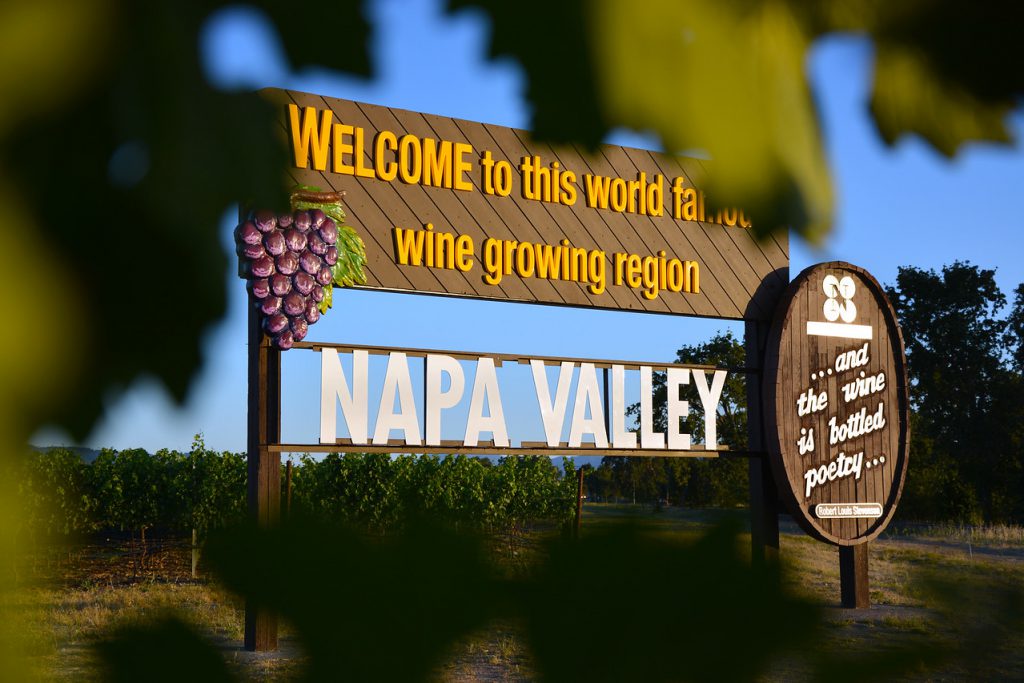
It’s the most famous wine growing region in the U.S. but it’s actually tiny, producing just 4% of Californian wine and only 0.4% of the world’s wine production.
The valley floor is just 30 miles long and just 5 miles at its widest point.
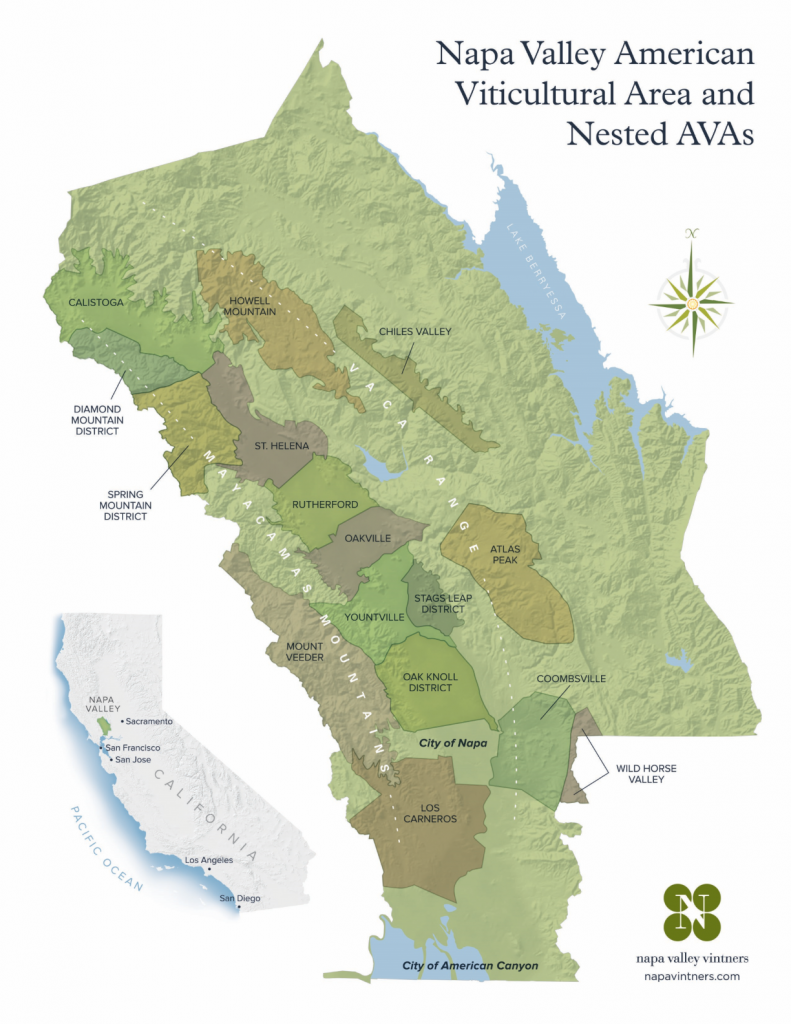
What grapes is Napa famous for?
Cabernet Sauvignon is king like these wines I have with me here:
Louis M. Martini Napa Valley Cabernet Sauvignon
Napa Valley, California, United States
Caymus Cabernet Sauvignon 2019
Napa Valley, California, United States
Inglenook Cabernet Sauvignon 2017
Rutherford, Napa Valley, California, United States
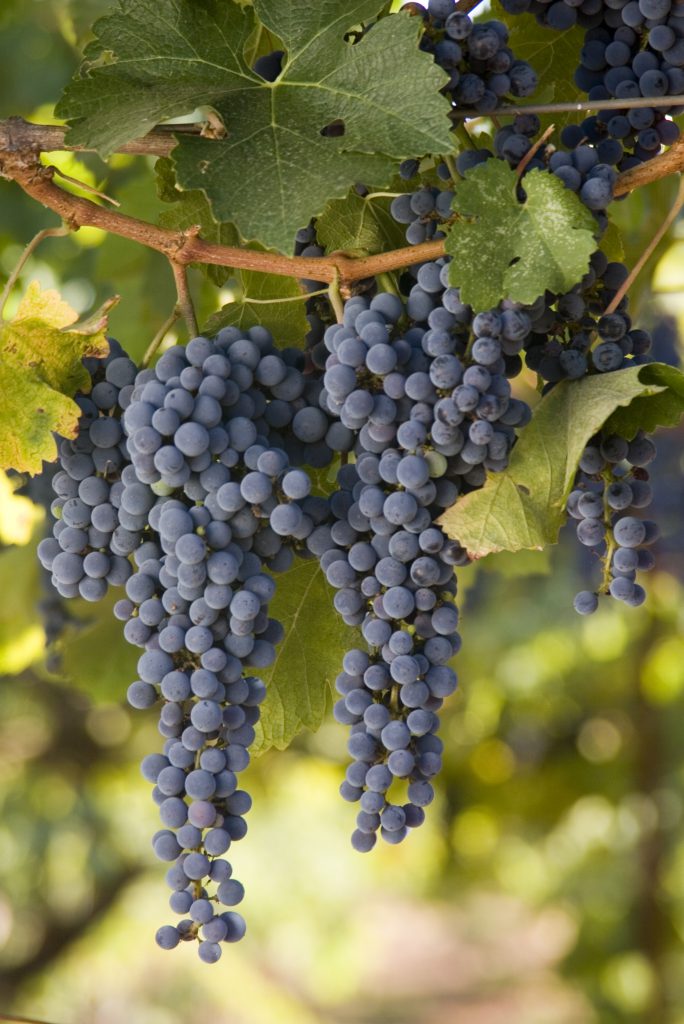
Inglenook Rubicon 2017
Rutherford, Napa Valley, California, United States
M by Michael Mondavi 2016
Napa Valley, California, United States
Trefethen Estate Merlot 2018
Oak Knoll District, Napa Valley, California, United States
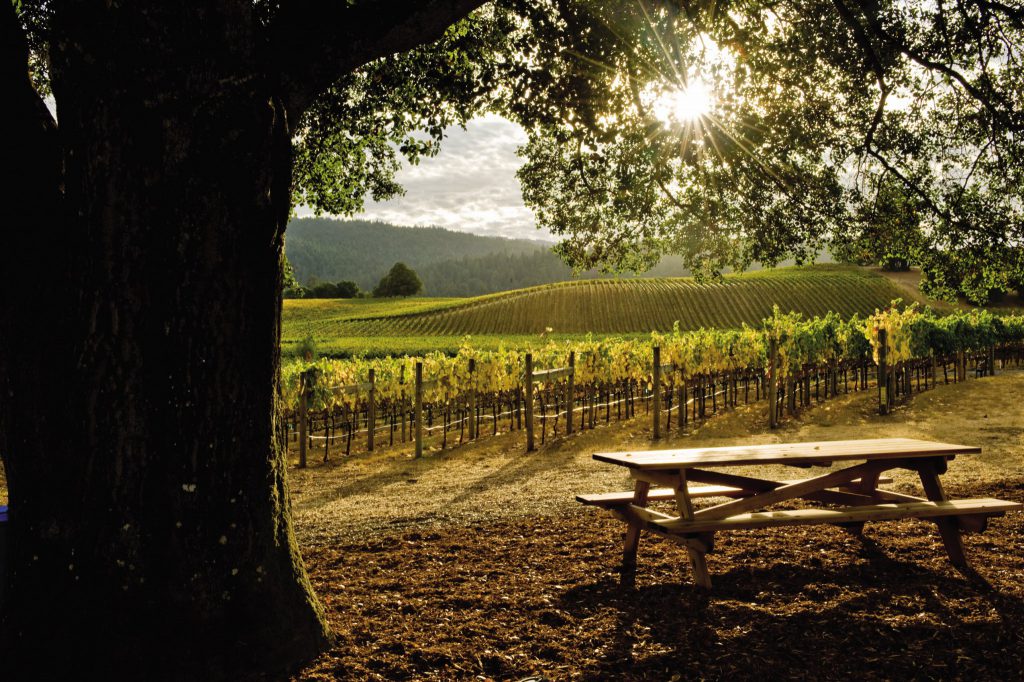
Silverado Vineyards Estate Grown Cabernet Sauvignon 2017
Napa Valley, California, United States
Freemark Abbey Rutherford Cabernet Sauvignon 2017
Rutherford, Napa Valley, California, United States
Another famous red grape is Zinfandel like this one from the Frank Family.
Frank Family Zinfandel 2018
Napa Valley, California, United States
So how many wineries are there?
There are approximately 700 grape growers in Napa County.
There are approximately 475 physical wineries in Napa County producing more than 1,000 different wine brands.
Some 95% of Napa Valley’s wineries are family-owned and nearly 80% produce fewer than 10,000 cases annually – that’s small in the wine industry.
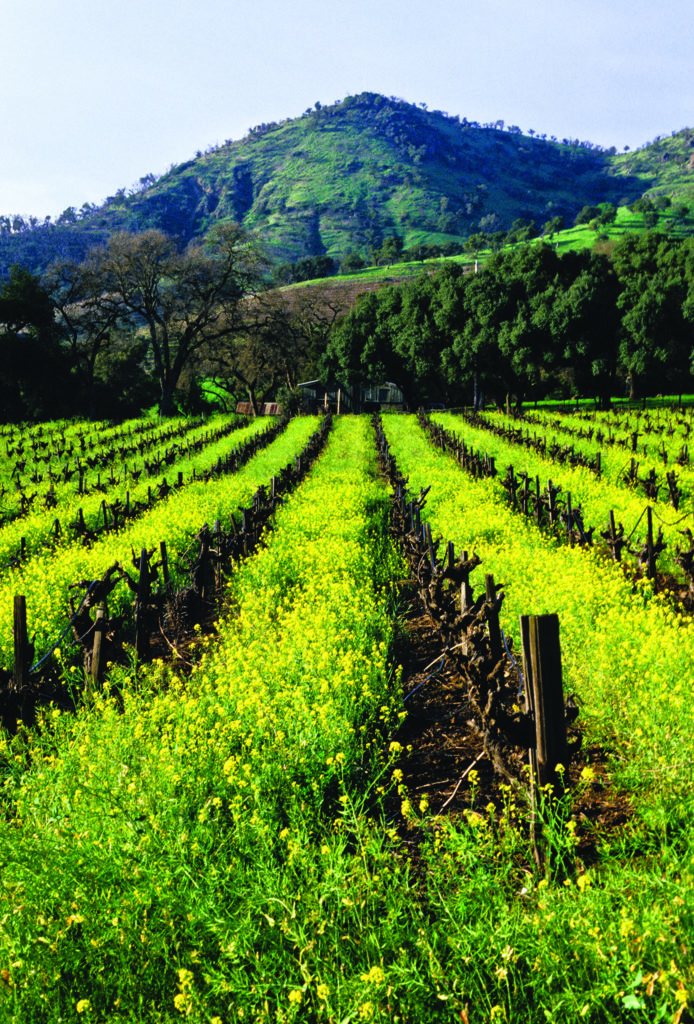
How long has Napa been making wine?
Grapes first planted in 1839.
The 1976 Judgment of Paris: wins head to head blind tasting.
What are the growing conditions like?
According to the Napa Valley Vintners Association:
Typical summer daytime high temperatures are 80ºF (27ºC) in the southern part of the valley and 95ºF (35ºC) in the northern part of the valley
Fog moderates summer overnight temperatures to an average of 53ºF (12ºC) throughout the valley
Varied topography: Vineyards range in elevation from sea level to 2,600 feet (800 meters)
Diverse soils: Half of the world’s 12 recognized soil orders
Ideal climate: Dry Mediterranean climate, which covers only 2% of the Earth’s surface
There are 16 approved AVAs within the Napa Valley AVA
Grape varieties (from 2018 Napa County Crop Report):
- – More than 34 different wine grape varieties grow in Napa County
- – 21% of vineyard acreage is planted to white wine grapes and 79% to red wine grapes
- – Top varieties:
Cabernet Sauvignon – 24,045 acres/9,730 hectares (51%)
Chardonnay – 6,130 acres/2,480 hectares (13%)
Merlot – 4,294 acres/1,737 hectares (9%)
Sauvignon Blanc – 2,812 acres/1,138 hectares (6%)
Pinot Noir – 2,821 acres/1,141 hectares (6%)
Zinfandel – 1,293 acres/523 hectares (3%)
Environmental Leadership
The Napa Valley Agricultural Preserve, established in 1968, was the first of
its kind in the United States to set land aside specifically for agriculture
Today, nearly 90% of Napa County is under permanent or high levels of
protection from development
In 2015, the Napa Valley Vintners established the goal that all its eligible
members will be in the Napa Green environmental certification program
by the end of 2020
As of 2019, NVV is 70% of the way towards achieving this goal
40% of all sustainable winery certifications statewide
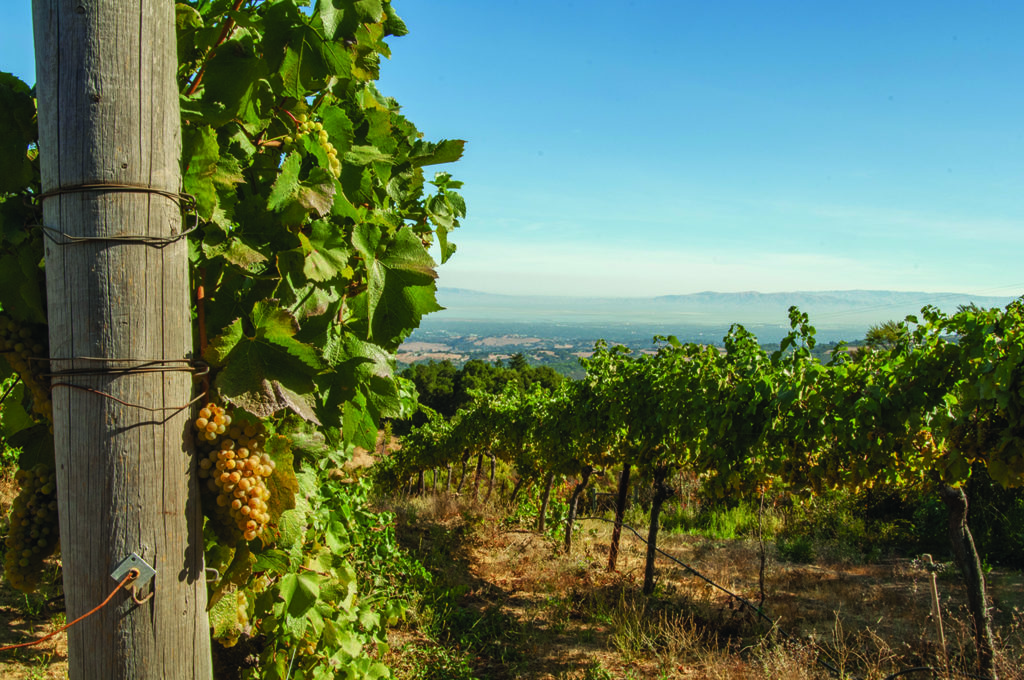
Economic Impact
The local wine industry and related businesses:
– Provide an annual economic impact of more than $9.4 billion locally
and nearly $34 billion in the U.S.
– Create 44,000 jobs in Napa County and nearly 190,000 nationwide
Posted with permission of CTV.
















